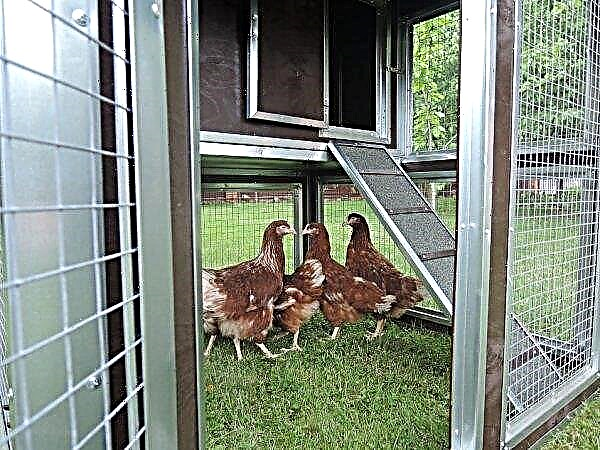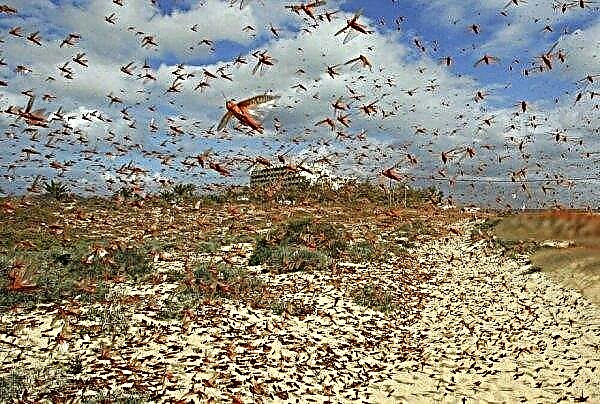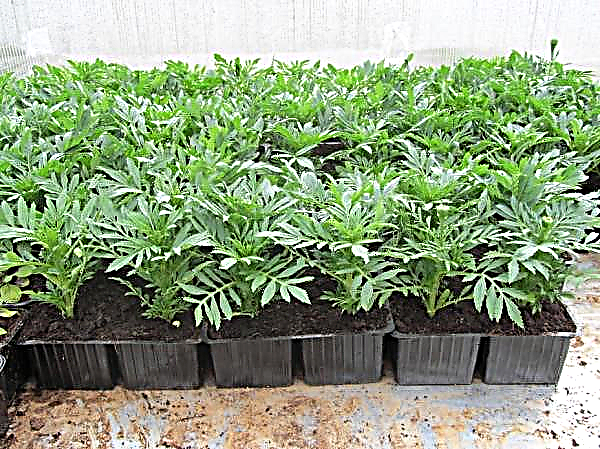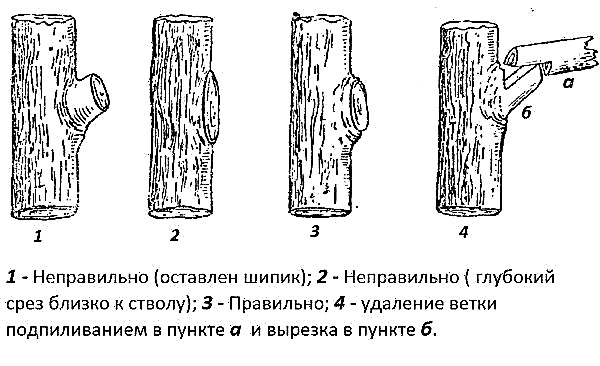CABYV virus infected almost 90% of cucumber plants in Bavaria in 2019. Experts expect the virus to spread this year.
Scientists first discovered the cucumber virus in Bavaria. The virus is transmitted using aphids, according to Bavarian radio.
According to the DSMZ of the Leibniz Institute in Braunschweig, in 2019, the cucumber virus has already damaged crops in Bavaria. Bavarian farmers have already complained about the colossal crop failure, reaching 50%. Cucumber plants were infected with an unknown disease. The infection rate was partially 90%.
 The birthplace of modern cucumbers is called the foot of the Himalayas, where they still grow in the wild.
The birthplace of modern cucumbers is called the foot of the Himalayas, where they still grow in the wild.
The infection leads, among other things, to a deficiency of chlorophyll, thickening of the leaves and is accompanied by huge crop losses. The virus is spread by aphids and is widespread in the Mediterranean, says Dr. Wulf Menzel of DSMZ.
The scientist fears that infection in Germany is only the beginning. The virus can spread rapidly throughout Central Europe and will not disappear so quickly, because the chances of wintering the pests are great. Meanwhile, the virus was also detected in Slovakia and Poland.
The only thing that could help prevent the spread of the virus is the effective destruction of aphids and preventive measures before growing cucumbers, pumpkins and zucchini, the institute said.
- Earlier, we reported that cucumbers for the New Year are grown near Kostroma.
- The first crop of autumn greenhouse cucumbers is harvested in Barnaul.
- A Turkish farmer raised a 21 kg cucumber.
- Breeders from the Netherlands brought cucumbers resistant to Fusarium.
- Cucumbers and tomatoes from Russian greenhouses will not rise in price until the end of the year.












